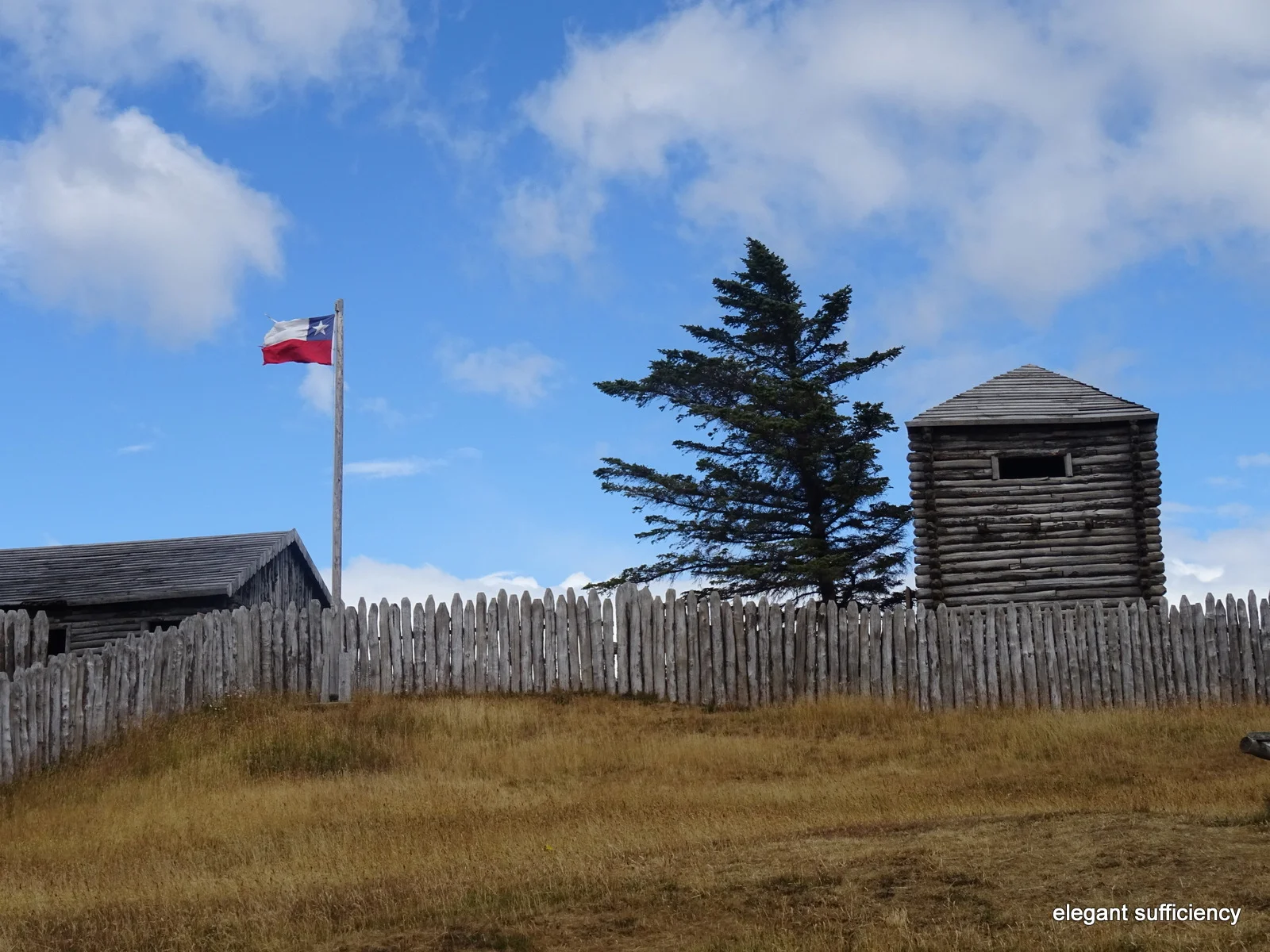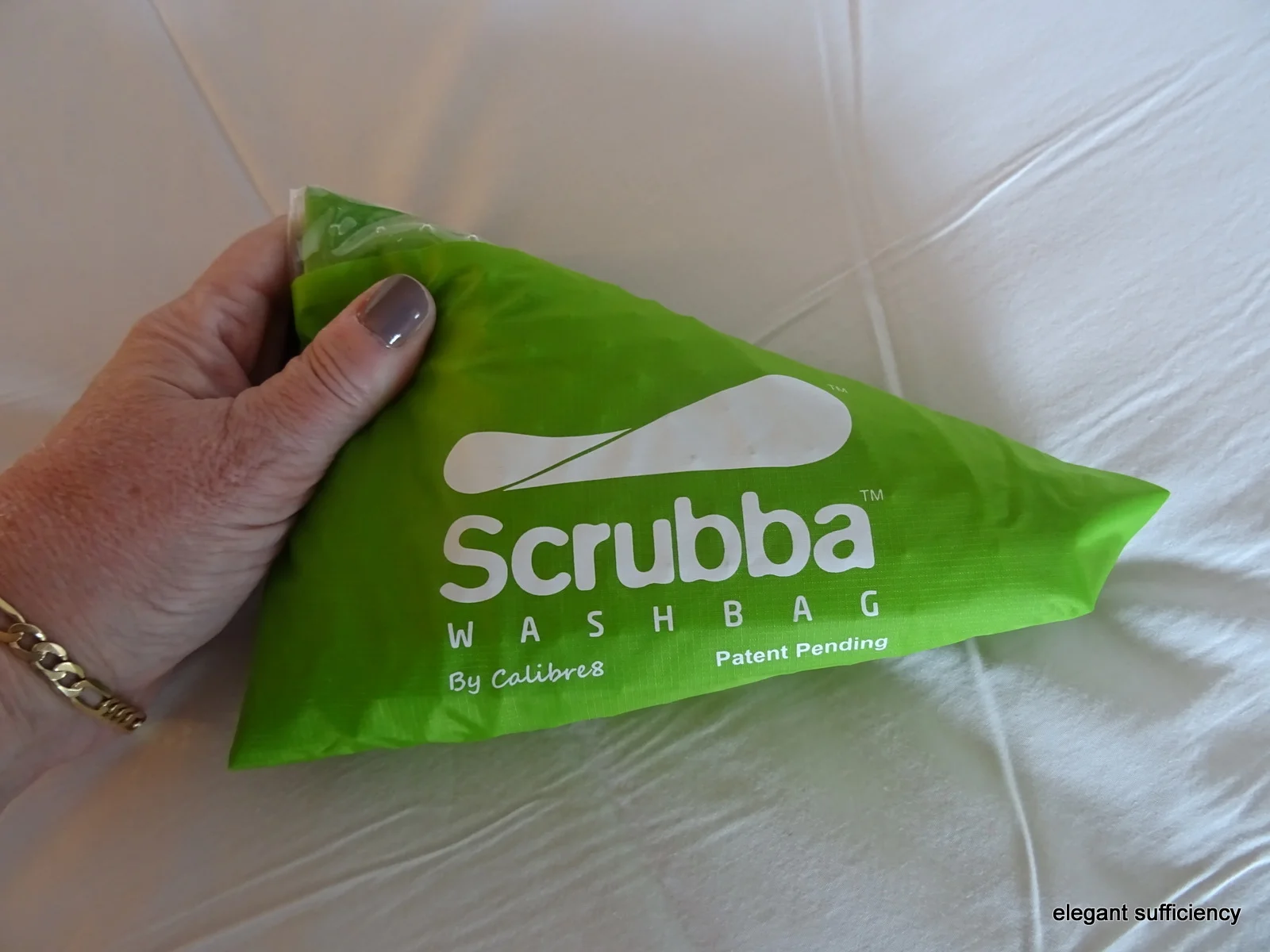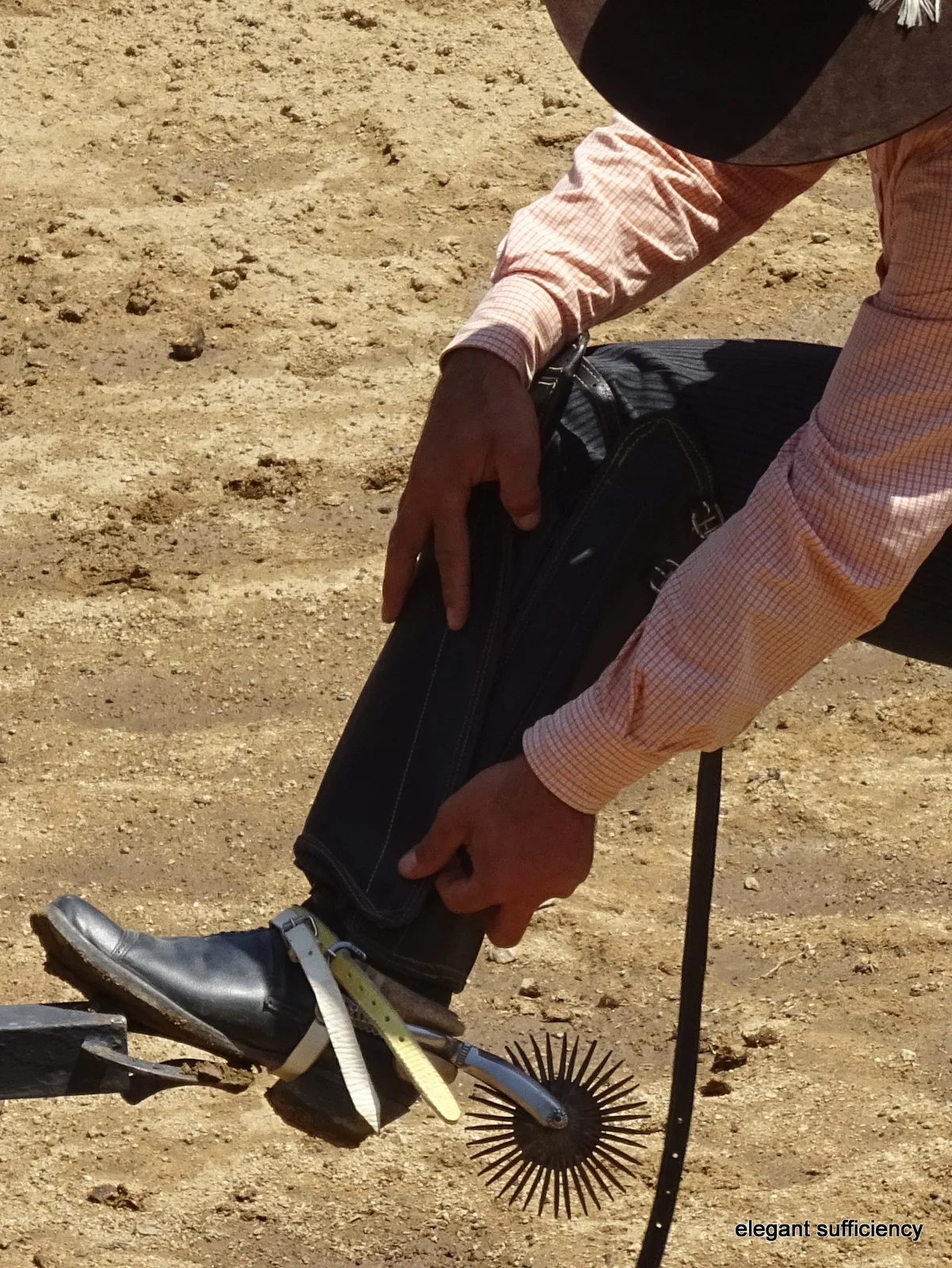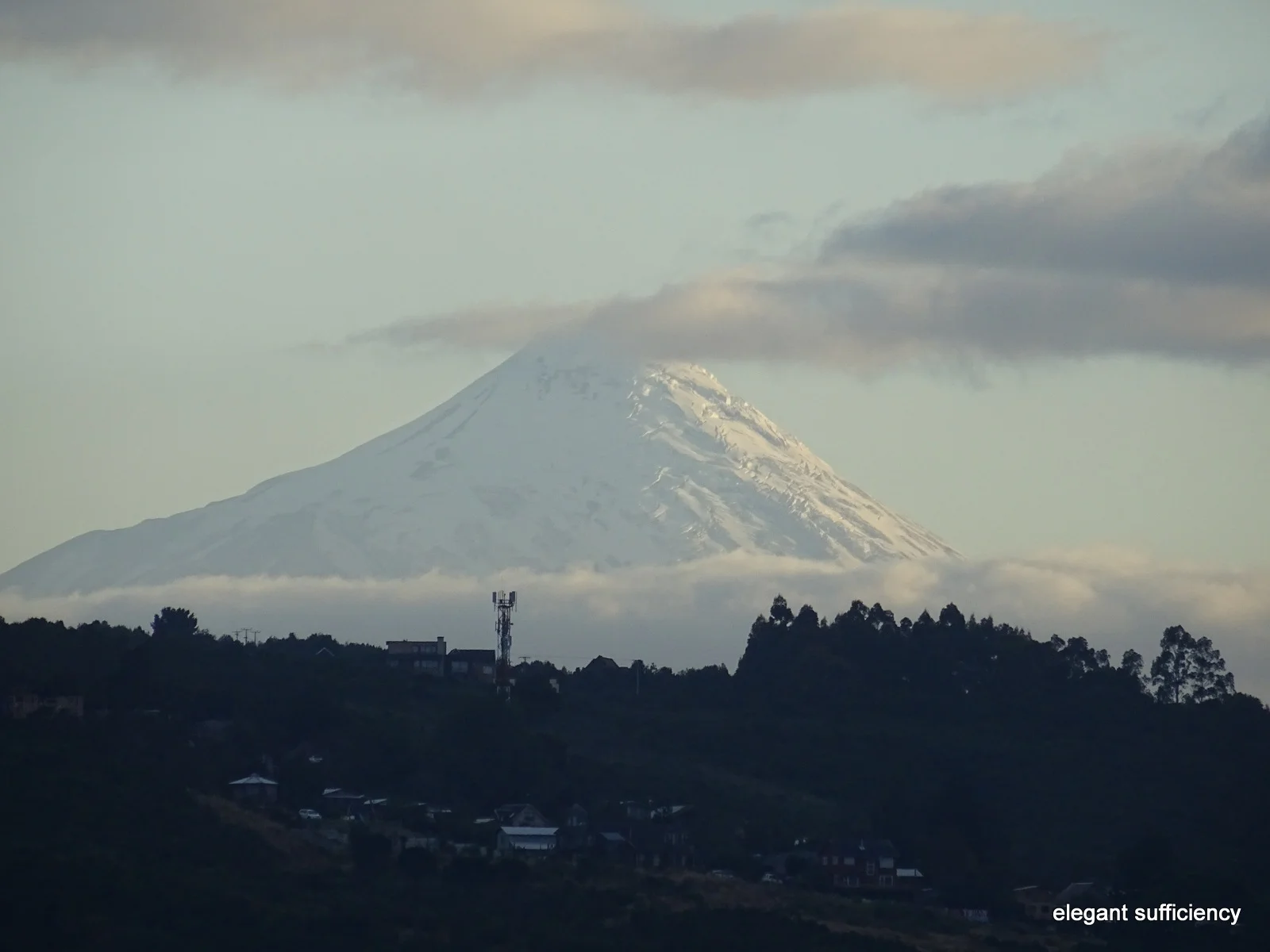An afternoon in Punta Arenas
We left Sara Braun and her family back in the city and headed out of the city for the afternoon. Our first stop was a small outpost built by a local farmer, where he could show and tell us about some of his life.
We followed the herd to the shearing shed.
The sheepdog kept the group together: sheep, llamas and human beings alike but as we neared the shed, some were more interested in a spot of lunch than a shearing demonstration.
The farmer (whose name I didn’t catch, sorry) explained how he’d built this shed in the traditional format to ease the demonstration – out there on his farm, where a thousand sheep are regularly sheared, he’s using faster, more modern equipment but here he relied on the good old faithful…
engine built by Listers of Dursley, Gloucestershire, England!
Two experienced hands brought the sheep from the pen. It wasn’t the most dignified of entrances.
But then it wasn’t a very dignified procedure, either!
I’m not sure sheep have expressions but this one was cute.
Within five minutes, she was released from all of that weighty wool.
and as the last bit was finished, she couldn’t wait to scoot back through that gate and return to her friends.
We could admire the fleece, beautifully shorn in a single piece. It’s Corriedale, not quite so high quality as merino but not far short. It will be compacted as it is – ten years ago, it’d been described as “dirty”, five years ago as “natural” and today, “organic” – and sent to a processing plant for washing and preparation before being used for clothing manufacture. Right now, the going rate means each fleece brings the farmer $10.
After a tasty lamb barbeque lunch washed down with Pisco Sour and Chilean Cabernet (getting to be a habit) we headed still further West to the point where the first settlers had arrived: the original Punta Arenas at Fort Bulnes.
Spectacular views of the Magellan Strait from here. Julio continued his storytelling with that of the first settlers’ arrival, just shortly ahead of the French, who were then sent packing.
But though this was a great strategic point, there was no water, not enough grass for grazing animals and the soil was too poor to grow crops. Bad choice! The settlement was moved to a more liveable sandy point to the east: Punta Arenas.
The monkey puzzle trees were growing well – but not much else.
On such a bright afternoon, it was a delight to be out in the open and breathe the clear, fresh air. Being out in the open does take effect on the way home though and the drive back to the ship was quiet but for the sound of twenty people snoozing!











